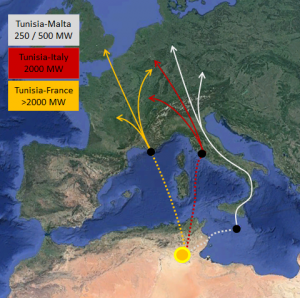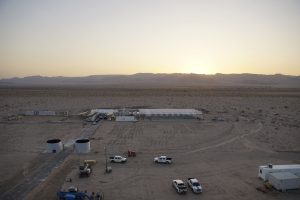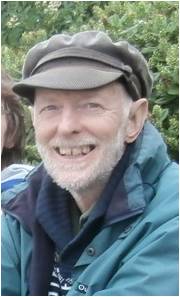The technology of concentrated solar power (csp) has been around for a long time. Augustin Mouchot pioneered its use in the 1860’s and Frank Shuman built an impressive system in Maadi, Egypt in 1912. I’ve long been a strong advocate. However prices remained high as rates of deployment were low, and rates of deployment were low because prices were high. This is now changing fast as several countries and companies compete to bring forward the technology. Over the last few years there have been significant price reductions of projects in Chile, Dubai, Morocco and elsewhere as the technology improves. In February I blogged about China starting work on 20 demonstration projects, and as they establish a supply chain of mass produced components prices will continue to fall. Concentrating solar power has the advantage over solar pv and wind in that energy storage is typically built into the projects so they can guarantee to supply electricity 24 hours a day. As techniques of thermal energy storage improve the advantages of concentrating solar continue to improve. Some very big schemes are currently under construction or have been announced.
At Ouarzazate in Morocco a 580 MW plant is being built in four stages, the first of which is already in operation. In Dubai they are planning a 5 GW mix of solar pv and csp. In 2014 I blogged about TuNur’s proposal to build a system in Tunisia which recently took a step forward as they applied for a permit to build a 4.5 GW plant over three stages, the first exporting electricity to Malta, the next to Italy and the third to France. A couple of weeks ago the Northwest Electric Power Design Institute proposed to build a vast 7.4GW CSP facility in Akesai County, in China’s remote Xinjiang region.
The Paris Climate Agreement incorporated the ambitious goal of keeping global warming to less than 1.5 degrees Centigrade. In many ways governments are failing to implement the policies necessary to achieve this objective. Collectively we are failing to curb our wasteful and profligate lifestyles. However there is one area where the news is consistently very good and that is the speed with which renewable energy is progressing. As the costs of renewables continues to tumble coal, gas and nuclear are all failing to compete.
In UK the falling cost of offshore wind received a lot of media coverage, undermining the viability of the government’s commitment to Hinkley and further nuclear power projects. In India numerous coal projects are being abandoned as India embraces cheap solar pv. The falling cost of concentrating solar power has received less media coverage, but is of just as great significance. If these giant csp projects all go ahead they will displace a lot of fossil fuel usage which of course will be very good news from a climate change perspective. If they are done with the right social and economic policies in place they could also transform the lives of many people, especially in poorer countries like Tunisia.



